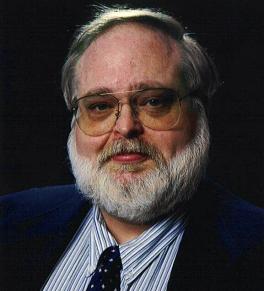Politics and Primacy: How Dictatorship and Development Set the Stage for Democratization

Principal Investigators: Edward Crenshaw, Department of Sociology
How does a society move from dictatorship to democracy? Social theorists usually explain this using political modernization theory. PMT asserts that industrialization leads to urbanization, creating a class structure in which different interest groups vie for power. While these struggles can be violent –- what theorists call a society's "growing pains" -– eventually cross affiliations or mutual needs make violence counterproductive, leading to democratic decision-making, political parties and elections.
While PMT provides an outline for how dictatorship can turn into democracy, it does not take the environmental and geographical setting into account. In this project, Crenshaw hopes to fill in this missing piece through considering the role of the primate city.
Previous research shows that a nation's capital city is on average 45 percent larger in a dictatorship than a democracy. Even in nations that were dictatorships before 1985, the capital city is still about 40 percent larger. The reason? Dictators concentrate power and resources into the area from which they govern in order to increase social control.
Crenshaw sheds light on exactly how dictatorships turn into democracies by looking at the unintended consequences of building such large primate cities. He sees two dynamics at work. First, primate cities reinforce both real and perceived inequalities. Relative rather than absolute deprivation is strongly linked to grievance, and inequality is obvious in a city where rich and poor live side by side. Diversity also becomes impossible to ignore as cities draw people from various ethnic groups.
Second, primate cities offer social resources not available anywhere else. New service jobs force people to become literate, opening access to mass media. Family size falls, and civil society replaces kinship units. Very large cities become "world stages" as international media and other institutions connect the world’s urban network.
This combination of increased grievances and social resources, Crenshaw argues, sets the stage for political mobilization, which can escalate into violence. For awhile, the authoritarian regime can suppress dissent. Eventually, however, the dictatorship is forced to either compromise or use brutal tactics. With the rest of the world watching, most dictators chose compromise, setting the nation on the path to democracy.
Crenshaw's research not only fills in a missing piece of political modernization theory, but provides a deeper understanding of social movements, regime change, and political violence. Such understanding has clear implications for the international management of violent conflict, as well as decisions on where and how to intervene in other countries.
Filters: 2008-2009, Sociology
